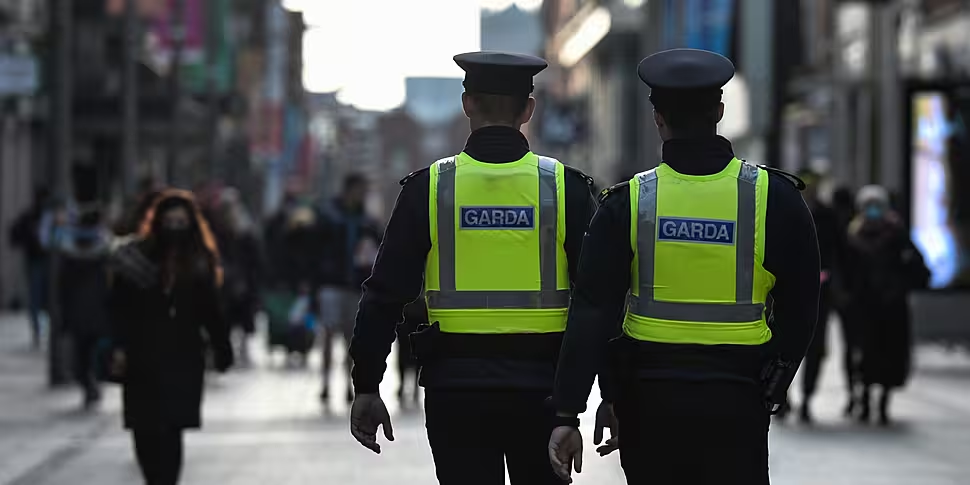Phrases like ‘known to Gardaí’ exemplify the classist nature of crime reporting, according to one writer living in the inner city.
Estelle Birdy has become sick of the phrase “known to Gardaí”, often used in releases by Gardaí when a person has been injured, arrested or found dead.
“[When a person has died], it’s a code for, ‘You don’t need to be bothered about this young man’s death’,” she told Newstalk Breakfast.
“It’s usually young men in the inner city.”
Having lived in Dublin’s Liberties since she was 19, Ms Birdy has been to many funerals, including funerals of young men in the area.
“I'd see distraught women, mothers, girlfriends maybe, young friends,” she said.
“Then what I was hearing about these men in the media was shorthand for, ‘You don’t have to care about this one, he was known to Gardaí’.
“Living in the area, knowing the people who live down in the flats... I'd know a lot of these people and what I was hearing young men were being murdered for €100 drug debts.”
Crime in working-class areas
Ms Birdy noted this classism is especially the case when the media cannot report on the full details of the crime, prompting readers to assume the worst.
“I don’t blame the media for this - they're just reporting what they can report.”
Despite that, there is a clear difference between reporting of the murder of Brian Murphy – who lived in south Dublin and attended a fee-paying school – and killings in the inner city, according to Ms Birdy.
“It is a matter of class, it is a matter of poverty,” she said.
“I know when the ‘tit-for-tat' murders were going on there were gangland killings, these killings were happening in working-class areas.
“[But] there is a difference in the reporting in the murders of typically young men from these areas and the murders that might happen out in the leafier suburbs of Dublin 4.”
According to Ms Birdy, class divides are often more "porous" than people imagine - but reporting still often reinforces the idea that some people’s lives are worth less than others.
Her experience in the inner city – and the experience of others – has inspired her debut novel Ravelling, which is out now.









